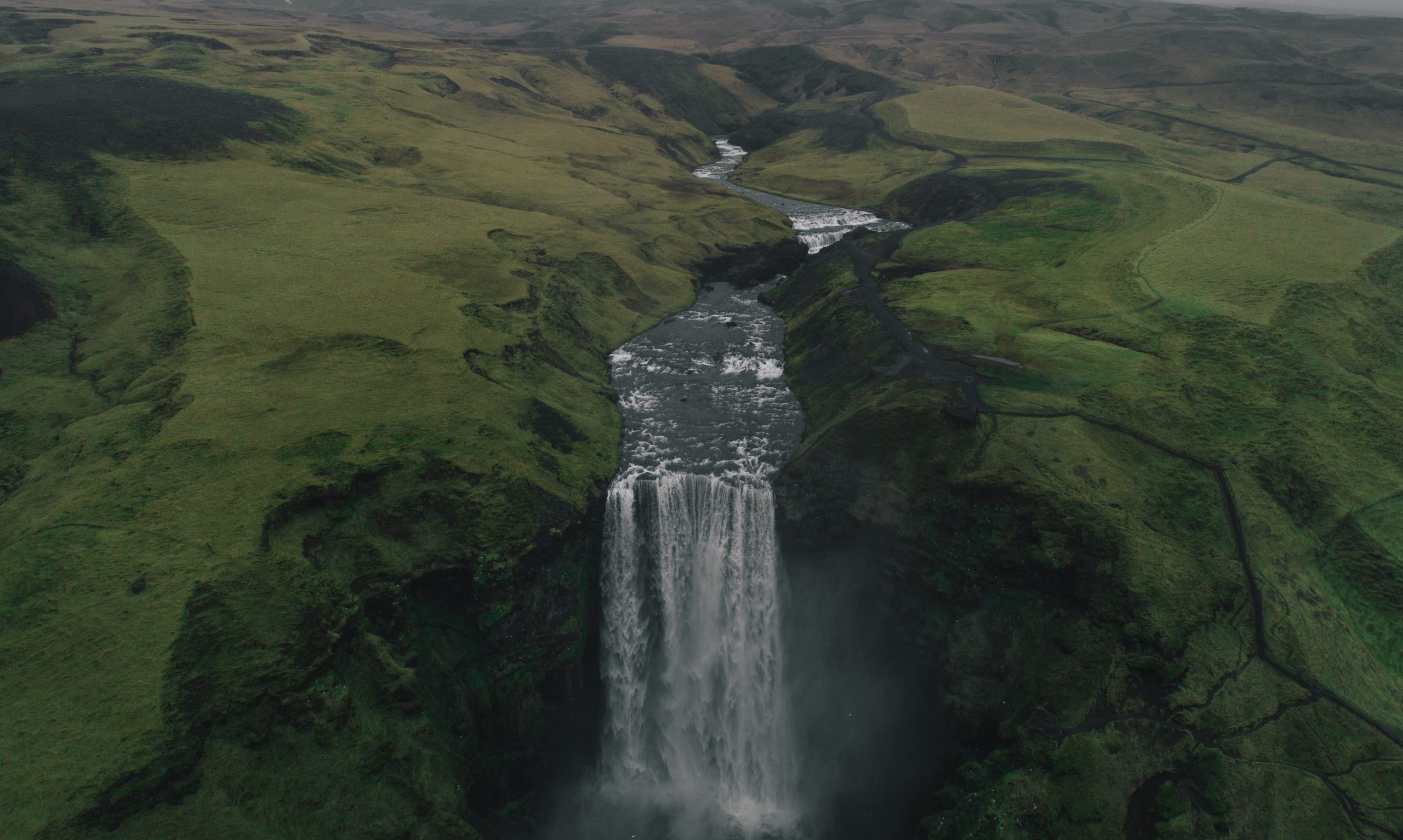
It’s ironically apt that “The Creator,” about the potential and peril of artificial intelligence, merely resembles profound science fiction.
Rich in atmosphere but short on substance, director and co-writer Gareth Edwards’ film has the look and tone of a serious, original work of art, but it ends up feeling empty as it recycles images and ideas from many influential predecessors. The movie is always spectacular to watch, thanks to dazzling visuals from cinematographers Greig Fraser (“Dune,” “The Batman,” Edwards’ “Rogue One: A Star Wars Story”) and Oren Soffer. And the first hour or so offers some thrilling moments of action and inspired world-building. But “The Creator” grows increasingly superficial as it lumbers along, and it never delivers the emotional wallop it seeks because the characters and their connections are so flimsily drawn.
Edwards crafted the script with Chris Weitz, who also co-wrote 2016’s “Rogue One,” which would set the stage for “Andor” on Disney+, the most gripping and sophisticated “Star Wars” series yet. “The Creator” seems to share those same ambitions of combining excitement and intellectualism but ultimately falls short.
There’s also a matter of timing here: It’s accidentally awkward for a movie to suggest that maybe the use of AI to replace humans in a variety of scenarios isn’t such a terrible idea after all, given that’s exactly what the Writers Guild of America was striking against for the past five months before reaching a tentative agreement. (SAG-AFTRA is still understandably fighting this trend.) In this futuristic setting, the technology comes in the form of a sweet-faced, even-tempered little girl nicknamed Alphie (Madeleine Yuna Voyles). But you’ve seen her before, this adorable and all-powerful creature who could be humanity’s savior or its destruction. She’s Baby Yoda. She’s Ellie from “The Last of Us.” She’s John Connor. She’s the kid in Jeff Nichols’ “Midnight Special.” Stick her in the middle of a bunch of stuffed animals, and she could even be E.T.
And alongside her, as the obligatory reluctant father figure who must shepherd her to safety, is John David Washington. An introductory montage informs us that artificial intelligence has been a welcome element of our existence for decades, functioning in every capacity, from chefs to track stars to astronauts. But by the time we catch up with Washington’s Joshua in 2065, AI is to blame for a nuclear bomb going off in the middle of Los Angeles, killing a million people (including Joshua’s family) and causing him the loss of a limb. The West is now anti-AI, but the robots remain welcome in a place known as New Asia, an amalgamation of cultures halfway around the world where Joshua has found peace and in a charming beach bungalow with his pregnant wife, Maya (Gemma Chan). They cuddle to the strains of bossa nova on the turntable, one of the movie’s many clever examples of mixing old and new technology. The soundtrack choices are inspired throughout, including the wondrous use of Radiohead’s eerie, electronic “Everything in Its Right Place” during a nighttime raid.
But Joshua’s reverie is quickly shattered when Maya is taken from him; five years later, he’s forced to join a team searching for a hidden weapon, the work of a shadowy figure known as The Creator. Joshua is an undercover special forces agent who must do the bidding of the American military and its ominous, hovering airship known as NOMAD, with its scouring beams of light that create some of the film’s most startling, searing moments. These swaggering bad-asses are straight out of a James Cameron movie, led by a tough-as-nails Allison Janney, who’s mostly saddled with barking banal orders (although she does enjoy a moment or two of quiet vulnerability). The Americans’ attack on this pan-Asian nation is quite clearly meant to replicate the imagery we saw during the Vietnam War; the result is artful but overly familiar and not the slightest bit subtle. Meanwhile, cramped, neon-drenched urban nightscapes are straight out of “Blade Runner.”
But soon after Joshua finds his target—young Alphie, whom we first spy in a suspenseful moment watching cartoons, alone in a cavernous room—his feelings for her begin to soften. He nicknames her “Lil Sim” as they head out on the road together, and the film forces a father-daughter bond that’s rushed and unearned. The visual effects remain sleek and seamless, but the heart beneath them is missing. Washington’s cool, detached screen persona makes sense for a while here, as his shattered character’s intentions are meant to be mysterious. But the breadth of Joshua’s arc isn’t on the page, so he can only do so much to convince us of his evolution.
Edwards clunkily balances serious notions of what it means to be human with impressive, explosive action sequences, as “The Creator” keeps going and going with multiple endings. By the time Joshua finds himself risking his life amid a massive, climactic set piece, you may find yourself wondering what exactly he’s doing there, so convoluted is the film’s logic. Despite the film’s early promise, you might wonder ultimately what you’re doing there, too.
In theaters now.




